Garlic, along with onions and shallots, belongs to the Allium genus of the plant kingdom. While it boasts tremendous benefits for the human race – for example, it helps in digestion, reduces high blood pressure, and prevents cardiovascular diseases, garlic is incredibly toxic to our furry friends.
So can cats eat garlic? No. But why exactly should you not let your friend have a taste of this fantastic ingredient, and what will happen if you do? We have rounded up the answers to all these questions and discussed them in this article to help you understand them better.
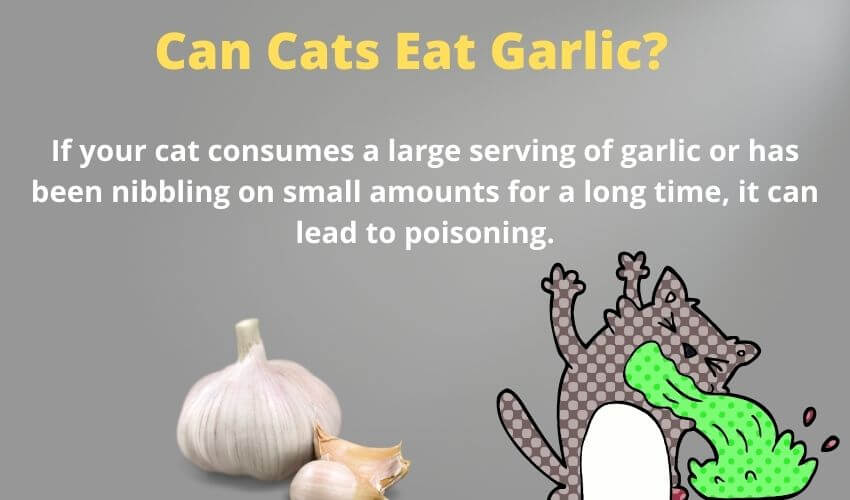
Can Cats Eat Garlic?
All the vegetables in the allium family, including onion and leeks, are toxic for cats. And garlic is even more so because it is five times more toxic than onions. Still, some people regularly use it as a homeopathic remedy to avoid veterinary visits. The practice is wrong.
If your cat consumes a large serving of garlic or has been nibbling on small amounts for a long time, it can lead to poisoning.
Why Can’t Cats Eat Garlic?
Despite its digestion aiding properties, garlic is indigestible for cats. It contains compounds like disulfides and thiosulphates that can make your pet seriously ill. Moreover, dogs are also known to exhibit similar effects, not just the cats intolerant to garlic. Ingesting it causes gastroenteritis – oral irritation, nausea, excessive drooling, abdominal pain, etc.
Check here can cats eat ginger and gingerbread
But more seriously, consuming garlic causes oxidative damage to red blood cells, making them rupture. The symptoms of garlic poisoning in cats may not immediately become apparent but will exhibit its effects in several days.
Effects of Garlic Poisoning in Cats
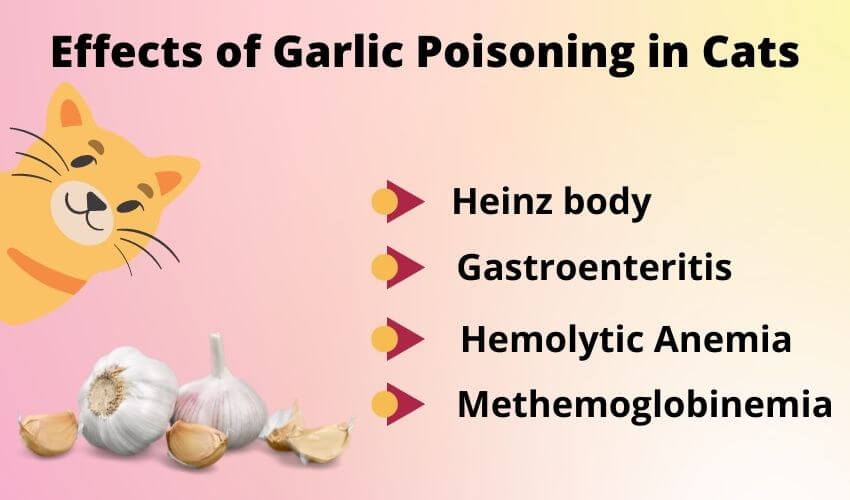
Garlic poisoning in cats may have a delayed onset, and you won’t notice the symptoms for several days. However, its effects can drastically result in lethargy, collapse, and sometimes even death. Here are some of the effects observed in cases of severe garlic intoxication.
A check can cat eats onion
- Gastroenteritis
Gastroenteritis is a common GIT disorder that exhibits itself as vomiting and diarrhea. Garlic being indigestible for cats irritates their gastrointestinal tract causing tenderness around the stomach region. The cat may resist handling its stomach and hindquarters too. Most cats suffering from this condition experience lack of appetite and lethargy and try to hide.
You’ll need to restore your cat’s blood electrolyte balance and rehydrate it to elevate the symptoms. Your vet may give it fluid replacement orally, subcutaneously (under the skin), or by intravenous (IV) treatment.
- Hemolytic Anemia
Hemolytic Anemia is an autoimmune disease that causes the immune system to attack and destroy red blood cells. This disease is triggered by garlic consumption as its compounds alter the surface of the red blood cells causing the immune system to mistake them for foreign particles.
This condition reduces red blood cells, proving deadly if not treated in time.
- Methemoglobinemia
Methemoglobin is an altered form of hemoglobin, the protein responsible for supplying oxygen to the different parts of the body. When the methemoglobin concentration becomes abnormally high, the oxygen supply to various body parts decreases, causing weight loss, breathlessness, lethargy, vomiting, etc.
This condition can be genetically inherited but more often is caused in cats by exposure to certain toxic chemicals such as those in garlic.
If the symptoms are mild, your cat may recover after treatment. But if they are severe, your cat may need a complete blood transfusion to avoid coma or death
- Heinz body
Heinz bodies are formed when the hemoglobin in a red blood cell becomes damaged. This illness occurs when exposed to toxic chemicals such as those in onion and garlic. They enter your cat’s bloodstream and cause the globin part of the hemoglobin protein to precipitate.
Frequently Asked Questions
Now that we know why cats can’t eat garlic, let’s look at some FAQs about cat-garlic relationships.
What to Do if Cat Eats Garlic?
If you notice your cat showing signs of garlic poisoning, take it to a veterinarian as soon as possible. They will provide the necessary treatment like administering hydrogen peroxide solution or activated charcoal. Doing so induces vomiting that will expel the ingested garlic from your pet’s stomach.
Can Cats Eat Garlic For Fleas?
While it is believed to help fend off fleas in dogs, garlic is highly toxic to cats even if consumed in small quantities. It would be best if you never fed it to your cat to control fleas. Even if you do so, garlic does not kill the fleas, so it will continue to infest and bite your beloved cat. On the contrary, you’ll end up making your cat sick.
Is Garlic Toxic to Cats?
Yes, garlic is toxic for cats if consumed in large quantities or small ones over a long period. It contains compounds that can damage the cat’s red blood cells, causing conditions like Hemolytic Anemia, increased levels of methemoglobin, and formation of Heinz bodies.
Can Cats Eat Garlic Plant Leaves?
While garlic leaves are not as concentrated in toxic compounds as the bulbs, it is better to be safe than sorry and avoid feeding the garlic leaves to your cat. Despite its numerous health benefits for humans, garlic is the most dangerous allium family member for cats. Even if consumed in small quantities, it can cause severe problems like gastroenteritis and Hemolytic Anemia.
Can Cats Eat Garlic Salt?
No. Even a small amount of garlic salt is harmful to cats, so you should not risk it.
How Much Can Garlic Kill a Cat?
Sure garlic is toxic for cats. But that does not mean that the slightest amount will kill them. Most experts believe that amounts up to 5 grams are poisonous to cats resulting in severe gastroenteritis and Anemia, which can also lead to death.
Can Cats Eat Garlic Chicken?
Because of its severe side effects on the cat’s body, it is recommended that you do not feed them chicken or meat cooked with garlic. Even in small quantities, garlic can mess with their digestive system.
Can Cats Eat Garlic Sausage?
As you should already know by now, no cats cannot eat garlic sausage.
Why Can’t Cats Eat Garlic?
Garlic is a member of the Allium genus, which is known to contain compounds like disulfides and thiosulphates. While beneficial to humans, these compounds are quite toxic for cats, causing irritable bowels and Anemia.
Can Cats Eat Garlic Butter?
No, garlic butter should not be included in your cat’s diet.
What are the Symptoms of Garlic Poisoning in Cats?
The symptoms of garlic poisoning are delayed, so you will not notice them immediately. However, if your cat suddenly starts vomiting, suffers from diarrhea, breathlessness, leathery, abdominal pain, loss of appetite, rapid breathing, pale or muddy color gums, discolored urine, etc. In that case, you should take it to the vet immediately.
Can Cats Eat Garlic Bread?
While your cat can eat plain bread, garlic bread is toxic to your cat.
Conclusion
Garlic is highly unhealthy for cats. While some breeds may tolerate small amounts, others may become severely sick. It would be best if you refrained from feeding it to your cat in any form. If you regularly use it in your cooking, keep it well out of your furry friend’s reach.
It is also advised to stick with your vet’s suggested diets and check the labels of various food items to make sure they are garlic-free.
And if you notice signs of garlic poisoning in your cat, take it to a veterinarian immediately. The recovery chances are high in mild cases, but cats with severe symptoms can suffer complications and be quite expensive to treat.


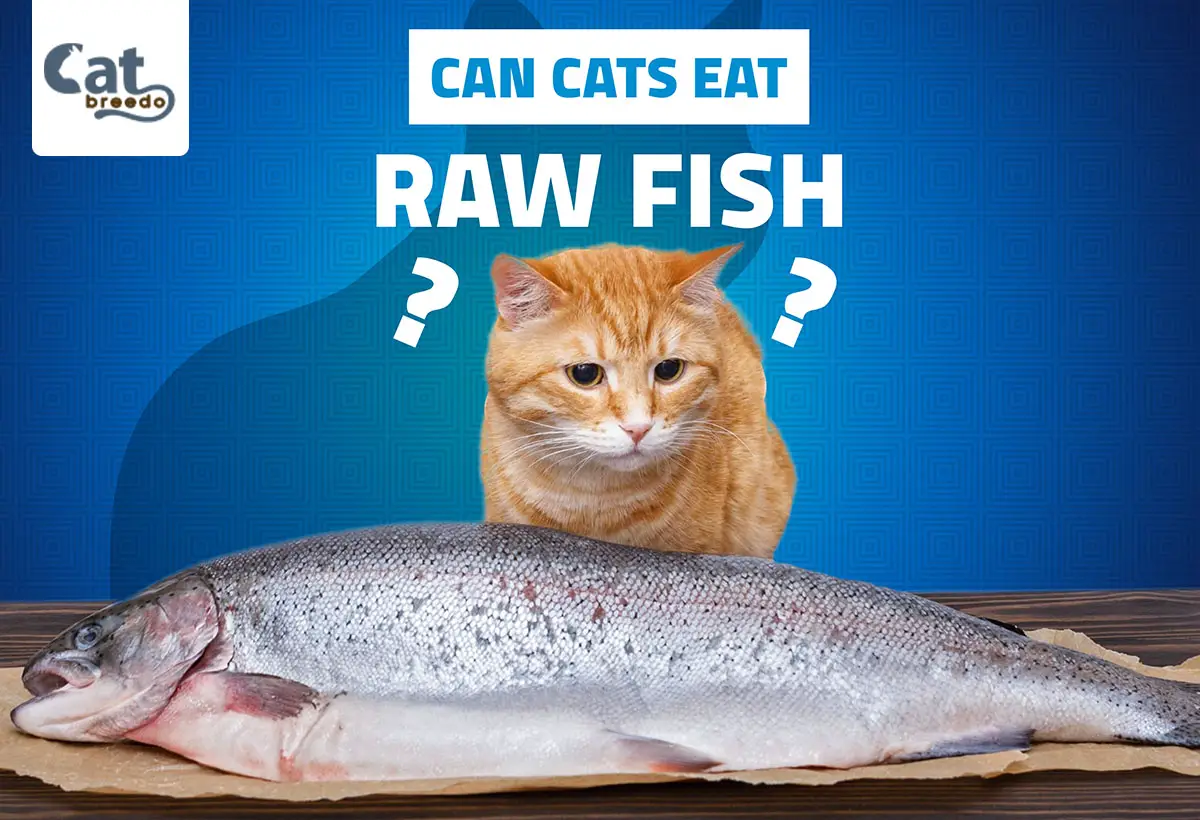
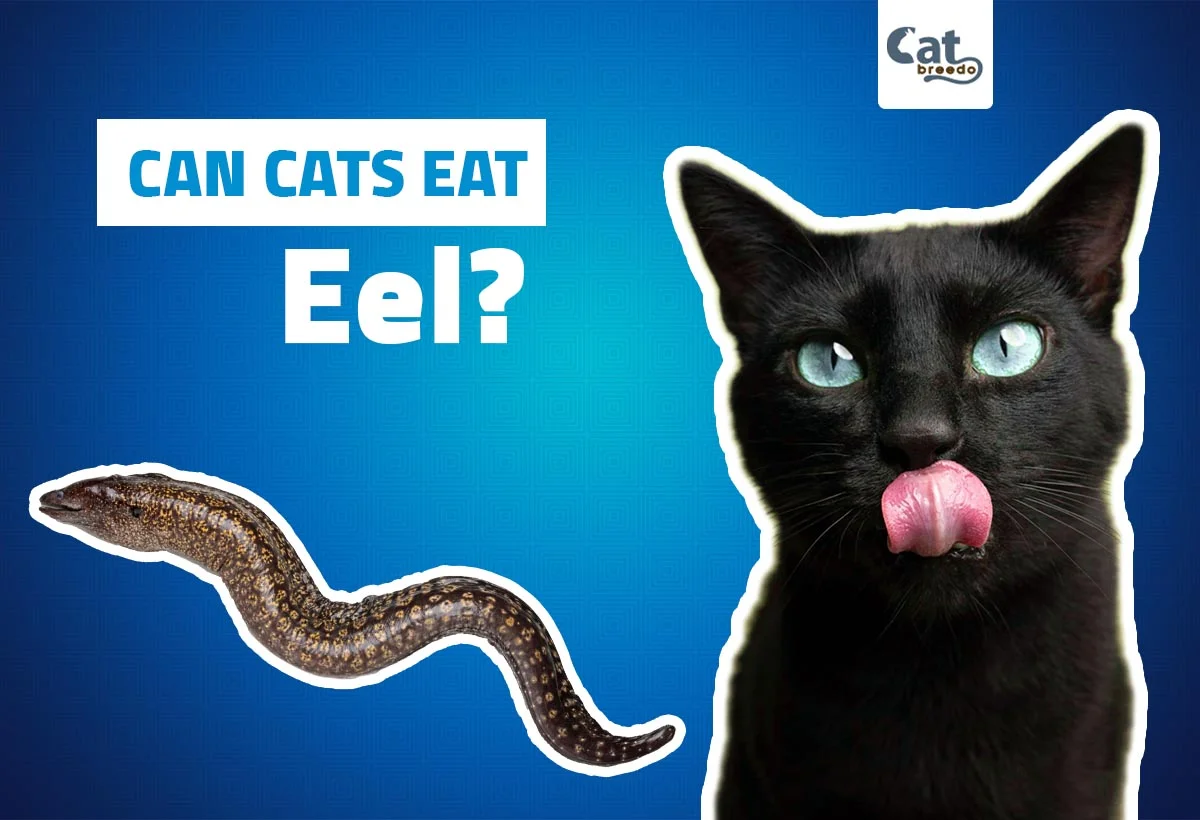
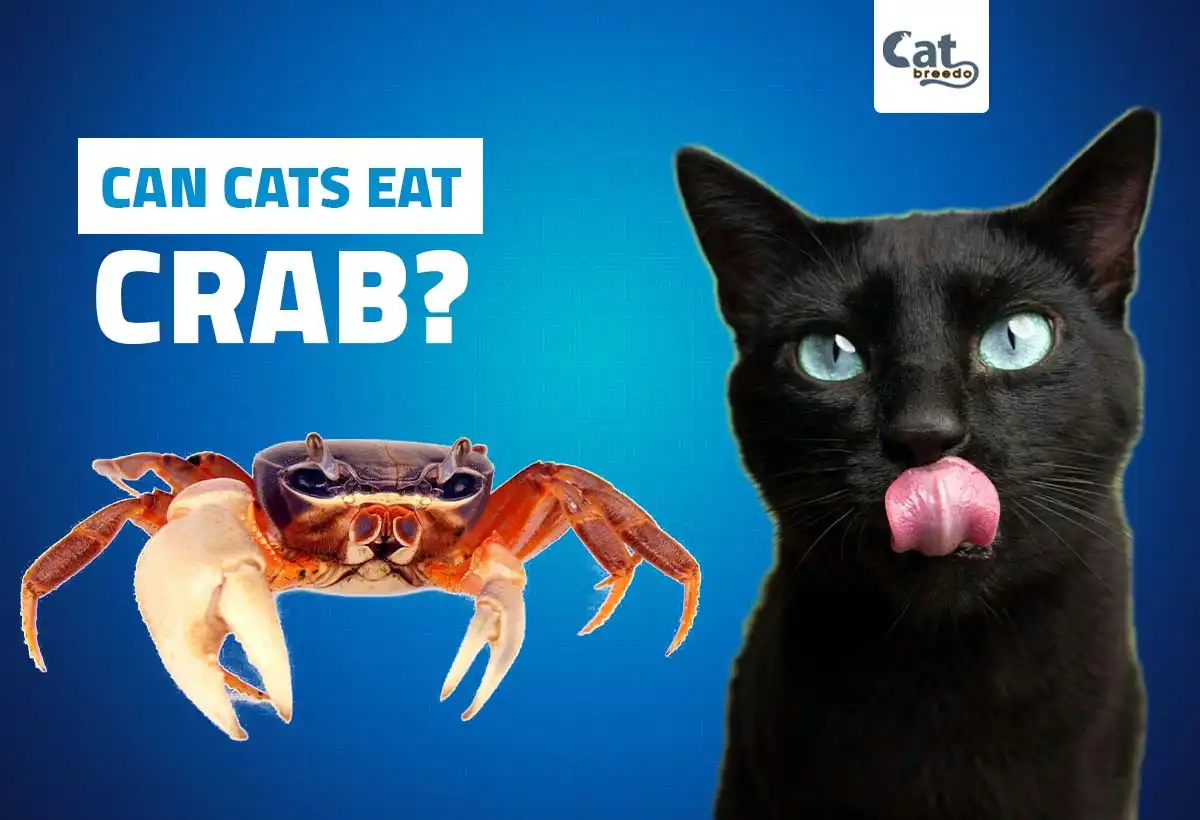
Leave a Reply